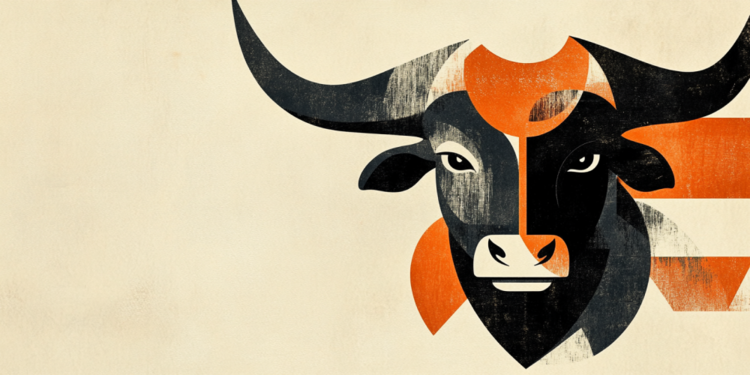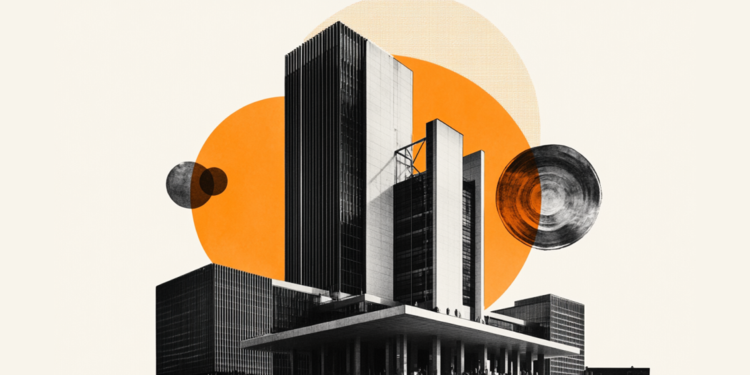O Ibovespa the main stock exchange index, and the real maintained an uptrend in recent days even with a weaker performance of exchanges and currencies around the world. In market jargon, they are “cool”.
This Monday (29), for example, the dollar reached the lowest price against the real since June 15, and returned to values below R$ 5.05. The index, on the other hand, returned to quotations above 110 thousand points, recorded for the last time in early June.
To CNN Brasil Business analysts point to a combination of factors that generated an inflow of investments for the Brazilian market even in a context of risk aversion and withdrawal of investments in emerging countries. As a result, the Ibovespa and the real have recovered from the sharp drop in the second quarter of 2022.
Commodities, interest and the economy
Currently, the shares of companies linked to commodities have a weight of around 30% in the composition of the Ibovespa. That is, the fluctuations of these stocks have a strong impact on the index.
In turn, the shares usually reflect the quotations of the commodities following up or down movements.
As of July, and more strongly in August, commodities rose slightly and maintained high levels with an improvement in demand prospects, benefiting the Brazilian market, according to Bruce Barbosa, founding partner of Nord Research.
He points out that, since mid-2021, the market had adopted a more pessimistic stance on the Brazilian economy, associated with fiscal and political fears and by the recently started movement of high fees .
The market priced in an environment of uncertainty, withdrawing investments and causing the Ibovespa and the real to fall.
“What you see now is that the market put a lot of pessimism on the elections, and companies were extremely discounted, with the stock market being very cheap. She was at a major crisis level even without having a major crisis,” he says.
Among these improvement factors is the indication of presidential candidates following a fiscal anchor, even if it is not the spending ceiling alleviating fiscal fears.
With the prospect that the scenario is not, or should not be, as bad as planned, there is a repricing, opening the way for the high of the last few days.
Pedro Serra, head of research at Ativa Investimentos, highlights that the companies’ financial results in the second quarter corroborate the assessment that their shares are very cheap, attracting investments.
Another factor that leads to this detachment is the “improvement of the perception of the Brazilian GDP, and inflation with better-than-expected numbers. There is still a clearer view of how far interest rates will go, at 13.75%, falling next year”.
With more security and a stronger economy in the short term, the market has had “fundamentals, solidity, predictability”, according to Serra, while the world is being “surprised, with strong doubts about the interest rate cycle”.
“Brazil is in a completely different situation. We started raising rates earlier, we are at the end of the monetary tightening while outside it is getting worse,” she notes.
For Raphael Figueredo, partner and CNPI technical analyst at Eleven Financial, the international moment favors commodities, especially the Petroleum which is linked to the company that he believes to be the main protagonist of this detachment, Petrobras.
He claims that the state-owned company was responsible for about 30% of the appreciation of the Ibovespa since June. “First, because there is the very movement of oil, which rises strongly with the problem of scarcity and corrects little downwards”.
With a maintenance of the price policy, the shares of Petrobras better monitor the price of the commodity. There was also a “change in level thinking about governance, efficiency. It achieved strong results and, as a result, began to pay good dividends”.
Figueiredo also sees a strong weight of the “positive surprise” of the Brazilian economy, with revisions of GDP and inflation.
“Brazil ends up having an advantage, and foreign investors are marking this perception of improvement in local activity, greatly contributed by Petrobras, but also by banks”, he says.
Furthermore, he recalls that “when the central bank has a different interest rate guideline than the rest of the world, with countries still raising rates, attracts foreign capital resources”.
The result is that both the real and the Ibovespa have the best performances among their emerging peers, “not feeling the impact of the fear of a global recession as much”.
Nord’s Barbosa sees the latest Monetary Policy Committee meeting (Copom ), on August 2 and 3 as the trigger for the recent movement of capital inflows into the country.
“The Copom was smooth, and then we saw future interest rates in Brazil falling and the Ibovespa rising. There is the prospect that the interest rate cycle is over, it is already at a high level, while other countries will still need to raise more”, he evaluates.
For him, there is a correlation between the average performance of commodities and the Ibovespa. “If US stock markets don’t fall much, and commodities rise or remain at a high level, the Ibovespa has room to rise,” he says. And that would be the current scenario.
Nord’s partner also sees the positive China’s effort to stimulate the economy injecting more money into the market, which tends to increase demand for commodities and benefiting exporters like Brazil.
In addition to the external aspects, Barbosa considers that there has been a review of expectations regarding the electoral scenario, which has not been “as bad as expected. The market predicted catastrophe, took into account the risk we have, but now it’s not that bad”.
The continuity of this movement, he assesses, depends on a combination of the price of commodities, the developments of the elections and the performance of the US stock exchanges.
“The market has already priced in a very pessimistic position, of great crisis without being. We are major commodity exporters, and have a strong weight on the Ibovespa. We should live something similar to 2002, with a chance of falling in the proximity of the election”, he says.
“The economy is better than expected, more resilient, and helps attract investment. It had been accelerating since 2021, but prospects have plummeted. But when the government spends more and pushes the fiscal problem to 2023, it helped the economy, so the outlook improves.”
Source: CNN Brasil
I am Sophia william, author of World Stock Market. I have a degree in journalism from the University of Missouri and I have worked as a reporter for several news websites. I have a passion for writing and informing people about the latest news and events happening in the world. I strive to be accurate and unbiased in my reporting, and I hope to provide readers with valuable information that they can use to make informed decisions.







